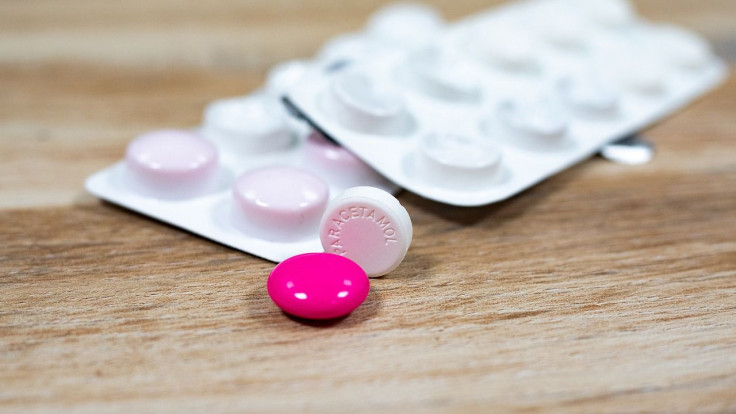Experts Warn Healthy People Against Taking Aspirin Daily To Prevent Heart Disease
KEY POINTS
- Health experts are warning healthy people against taking aspirin daily to prevent heart disease
- There is a risk of major bleeding because of the blood-thinning effects of aspirin
- The drug must only be used by those who suffered from stroke, heart attack or who had open-heart surgery
The risk of a major bleeding event as a consequence of aspirin’s blood-thinning effects outweighs the benefit of the drug, researchers said. The review, which focuses on the risks and benefits of taking a low-dose of aspirin daily, revealed that taking the drug regularly may lead to adverse consequences.
A New Guidance On A Daily Dose Of Aspirin
Aspirin is one of the most commonly used drugs in the world, even if it is no longer recommended by health authorities as a preventative medication. In some countries, including the United States, it has been a practice to take low-dose aspirin daily to prevent heart disease. However, a recent review published in the British Journal of Clinical Pharmacology says that adults in good cardiovascular health should not be taking the drugs regularly.
New guidance on the daily dose of aspirin has already been changed in 2019, with the American Heart Association and the American College of Cardiology recommending the drug only for patients who already had open-heart surgery, stroke, or heart attack. The same guidance was made by medical organizations in the United Kingdom.

Higher Risk Of Bleeding
The review, which analyzed 67 other studies, found that people without cardiovascular disease but take low-dose aspirin daily have a 17% lower incidence of cardiovascular events like stroke or heart attack. However, they are at a 47% higher risk of suffering from gastrointestinal bleeding, as well as a 34% higher risk of bleeding in the skull.
According to Dr. Lee Smith and Dr. Nicola Veronese, their paper “…confirms that there is no evidence for taking aspirin in primary prevention, i.e. in healthy people.” Dr. Nicola Veronese is a geriatrician at the University of Palermo in Italy while Dr. Lee Smith is a reader in Physical Activity and Public Health at Anglia Ruskin University in the UK. The two are the authors of the recent review.
“The take-home message of our paper is that low dose aspirin is (only) good when you already have a cardiovascular condition,” the authors said. Nevertheless, they advised it is vital that people should talk to their doctors first before making any changes in their medications.
Using Aspirin To Prevent Cancer
The authors also analyzed past researches supporting the use of aspirin in cancer prevention. Both authors said that based, on their analysis, the use of low-dose aspirin is discouraged in this scenario. Smith and Veronese revealed that while low-dose aspirin is a commonly used medication, their review suggests that the risks, particularly with regards to bleedings, should not be taken lightly and must not be considered secondary.
© Copyright IBTimes 2024. All rights reserved.





















